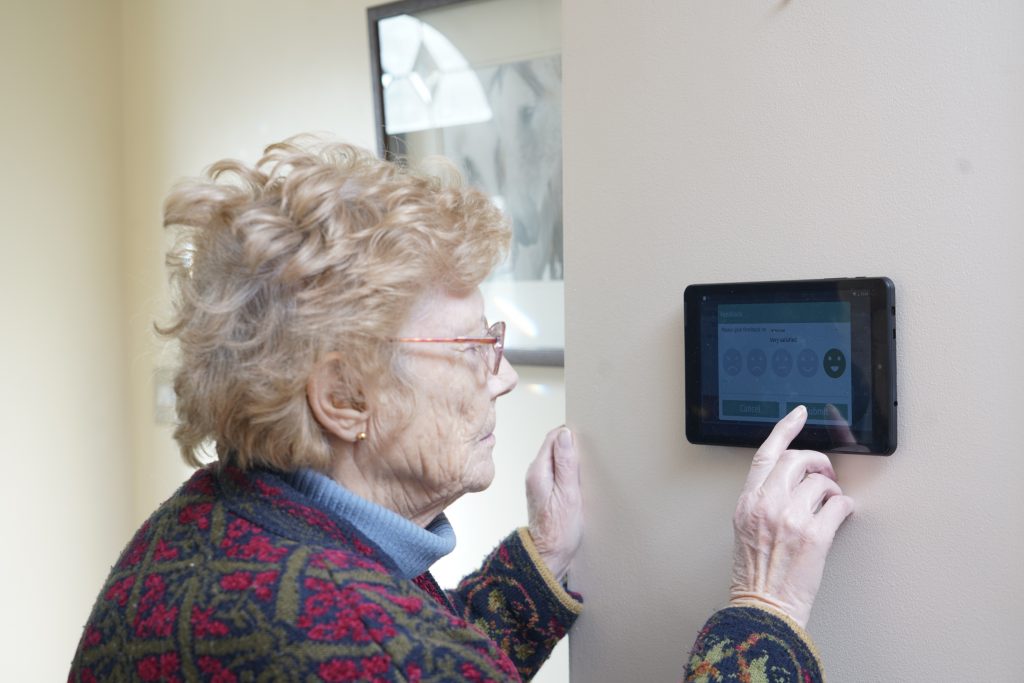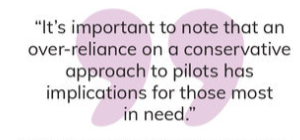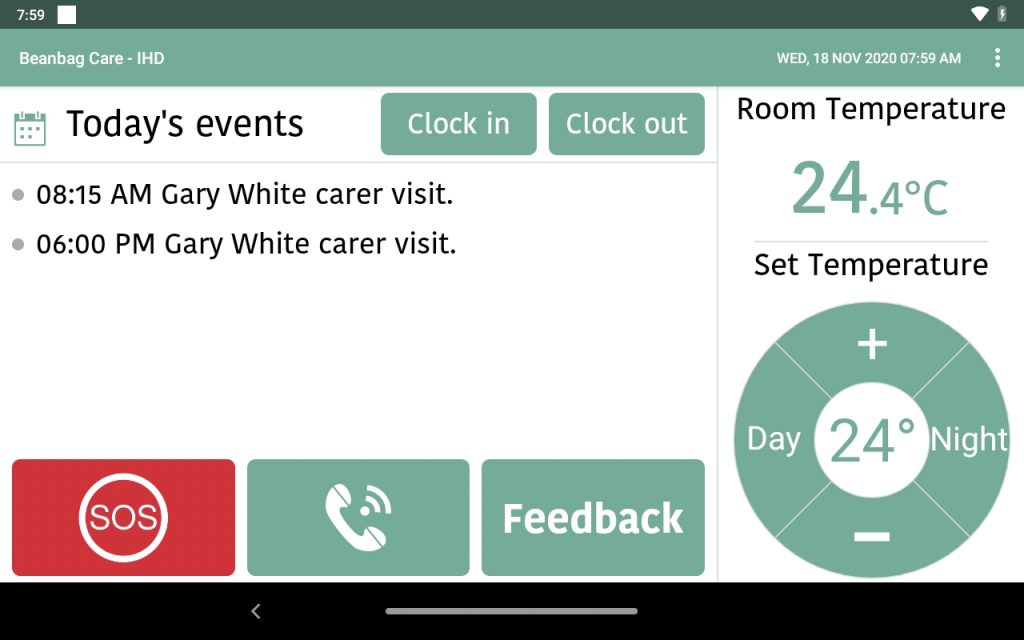Accelerating deployment
In recent joint white paper with the Association of Directors of Adult Social Services (ADASS), the Telecare Service Association (TSA) posed the question ‘How can technology be truly integrated into adult social care?’
The ADASS and TSA commission a set of recommendations based on 1.9 million new requests for social care support received by councils in 2019-20 alone, and a further five million people trying to balance the responsibilities of caring with work and family life.
One of the three key recommendations for local and national governments is that ‘technology must be used proactively so that people with a need are identified, and solutions put in place before they reach a crisis.’
Although, in my experience, most people working in adult social care for local authorities would agree with this ambition, the big challenge is in the pace and scale of adoption.
Everyone understands why councils need to carefully consider the various technology options available to them – and take advantage of the data and evidence generated from limited pilot programmes.
However, it’s important to note that an over-reliance on a conservative approach to pilots has implications for those most in need, as it delays the adoption of what is now mostly proven technology.
The reality is that a pilot programme will very rarely match the quality of results, data, or output of a fuller installation that has been in place for a year or two, due in most part to the level of partnership and commitment that is required to achieve optimal system performance.
Whichever smart care tech supplier a local authority opts to work with, the long-term value will always be determined by a collaborative approach to making robust technology as effective as possible – not by short-term pilots.
The ADASS and TSA whitepaper makes the same point, stating that: ‘More collaboration is needed in care and support across all levels, so services and policies are joined up and contribute to the wider wellbeing of people, their families and carers.’
In short, we need to collaborate to deliver bigger and bolder deployments that will accelerate adoption and embed proven technology in homes and organisations.


 For example, rather than remaining in bed, or even staying at home, service users were discovered to be active around the home throughout the night, or even leaving their house alone at unusual times – contradicting the preconceived understanding of their behaviour.
For example, rather than remaining in bed, or even staying at home, service users were discovered to be active around the home throughout the night, or even leaving their house alone at unusual times – contradicting the preconceived understanding of their behaviour.